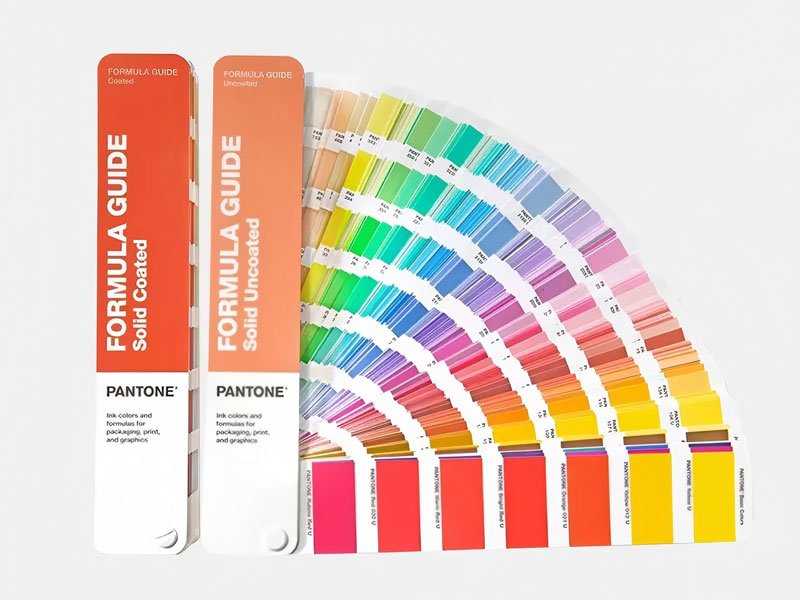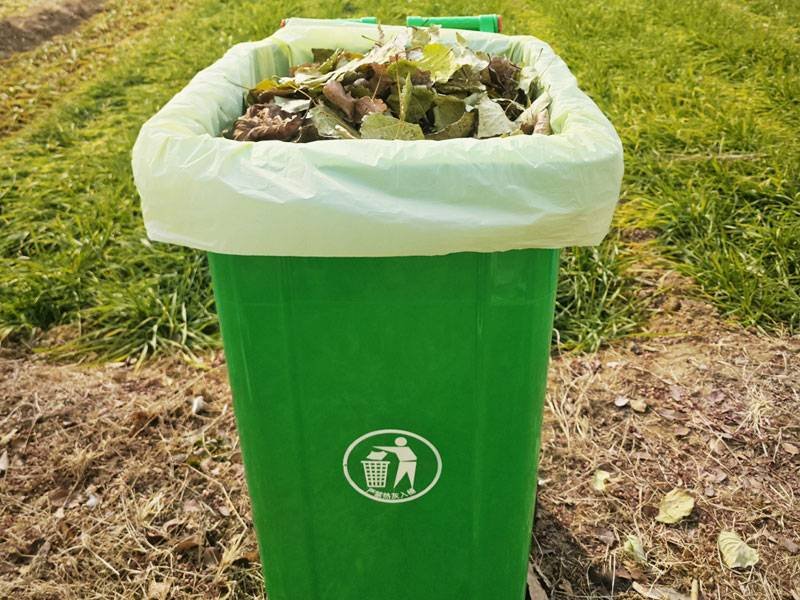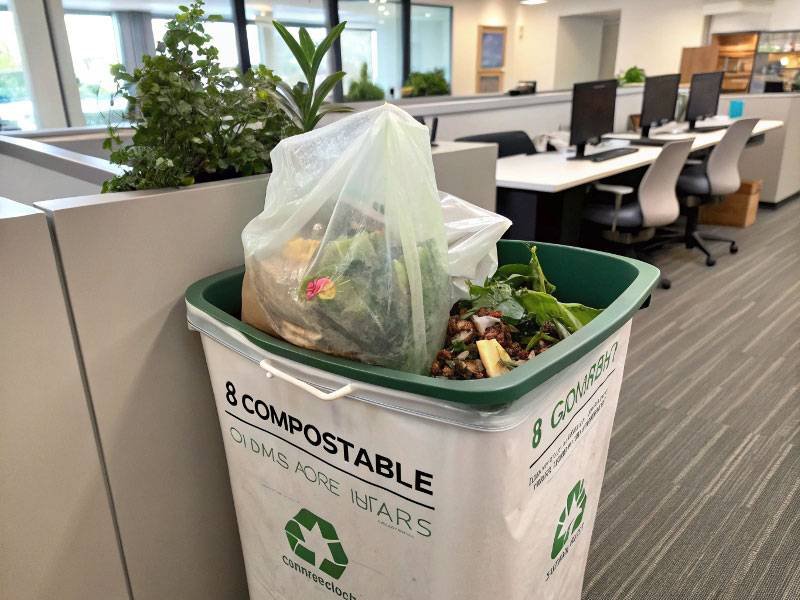Large Compostable Garbage Bags, 30-96 Gallon, BPI Certified, 70 Count
BPI-Certified, Heavy-Duty Bags (30-240 Gallons) for Commercial Composting – Bulk Orders & Customization Available
Why Choose Our Large Compostable Garbage Bags?
16+ years of experience
20,000 square meters of production plant, 16 fully automatic production lines to meet the needs of different users
Certified Compostable
Meets BPI, ASTM D6400, and AS4736/AS5810 standards, approved for commercial composting facilities.
Heavy-Duty Performance
0.85-1.57 mil thickness, star-seal bottom, supports up to 50-100 lbs of wet or heavy waste.
Wide Capacity Range
Available in 30, 60, 96, and 240-gallon sizes, fitting standard commercial bins.
Customizable Options
Tailored sizes, thicknesses, colors, or branding for wholesale orders.
Top Picks for Large Compostable Garbage Bags

30 Gallon Compostable Large biodegradable trash bags
Best For: Household kitchens, small green bins.
Features: 0.98 mil thickness, BPI-certified, fits 30-33 gallon cans.
Why We Love It: Leak-proof and easy to tie, perfect for daily food waste.
Try It: Our 30-gallon BPI-certified bags offer unbeatable strength for home composting.

60 Gallon Compostable heavy-duty liners
Best For: Gardeners, medium-sized green bins.
Features: 1.2 mil thickness, ASTM D6400-compliant, supports heavy yard waste.
Why We Love It: Handles wet grass and leaves without tearing.
Try It: Our 60-gallon bags are a gardener’s go-to for eco-friendly yard cleanup.

96 Gallon Large-sized sustainable garbage bags
Best For: Commercial green bins, municipal programs.
Features: 1.57 mil thickness, AS4736-certified, fits large wheelie bins.
Why We Love It: Robust enough for restaurant food waste or community composting.
Try It: Our 96-gallon bags are trusted by businesses nationwide.
compostable garbage bags large Features
- 100% compostable material, meeting international certification standards (e.g. AS 4736)
- Large capacity design, suitable for home and commercial use
- Strong and durable, not easy to break or leak
- Environmental degradation, reducing plastic pollution
- Suitable for a variety of waste types (kitchen waste, garden waste, etc.)
Applications



Customized services that orzion can provide
- Custom logo printing
- Tailored sizes, thickness, and colors
- Retail or bulk packaging
- Low MOQ from 5,000 pcs
- Compliance & export support

Certifications
- BPI (Biodegradable Products Institute): Guarantees compostability in commercial facilities within 180 days.
ASTM D6400: A U.S. standard for compostable plastics.
AS4736/AS5810 (Australia): Ensures suitability for commercial or home composting.
TUV Austria: Certifies home or industrial compostability.
Ready to Go Green?
Large compostable garbage bags are a simple yet powerful way to reduce your environmental footprint. Whether you’re a homeowner composting kitchen scraps, a gardener managing yard waste, or a business meeting sustainability goals, there’s a bag for you.
Ready to make the switch? Shop our BPI-certified large compostable garbage bags now and join the composting movement! For bulk orders or custom solutions, request a quote today.
FAQ
Why Choose Large Compostable Garbage Bags?
Large compostable bags, typically ranging from 30 to 96 gallons, are designed for high-capacity waste management. They’re ideal for:
Households: Perfect for kitchen compost bins or curbside green waste collection. For example, a 30-gallon bag fits standard kitchen trash cans and handles food scraps without leaks.
Gardeners: Great for collecting yard debris like leaves, grass clippings, or branches. A 60-gallon bag can hold heavy, wet waste without tearing.
Businesses: Essential for restaurants, offices, or property managers complying with organic waste mandates (e.g., California’s SB 1383). A 96-gallon bag fits large commercial green bins.
Municipal Programs: Many cities (e.g., San Francisco, Seattle) require certified compostable bags for green bin programs to streamline organic waste processing.

How to Choose the Right Oversized Compostable Bin Liners Bag
Check Bin Compatibility: Measure your trash can to ensure the bag’s dimensions (e.g., 30” x 36” for 30-gallon bags) fit securely.
Consider Thickness: For heavy or wet waste (e.g., food scraps), opt for thicker bags (1.2 mil or higher) to prevent leaks.
Look for Bulk Discounts: Buying in bulk (e.g., 70-count rolls) reduces costs, especially for businesses or frequent gardeners.
Verify Local Regulations: Some regions (e.g., Australia, California) have specific composting standards. Confirm with your waste hauler.
Test a Sample: If you’re new to compostable bags, request a sample to ensure durability and fit.
Benefits of Large biodegradable trash bags
Durability: Made with thicknesses of 0.85-1.57 mil, these bags feature star-seal bottoms to prevent leaks and support up to 50-100 lbs of waste.
Versatility: Available in sizes to fit 30, 60, or 96-gallon bins, ensuring compatibility with standard trash cans and wheelie bins.
Environmental Impact: By diverting organic waste from landfills, compostable bags reduce methane emissions and produce nutrient-rich compost for agriculture.
Why Compostable Bags Matter

Reduces Landfill Waste: Organic waste in landfills produces methane, a potent greenhouse gas. Composting diverts this waste and creates valuable soil amendments.
Protects Ecosystems: Unlike plastic bags, compostable bags don’t contribute to microplastic pollution in oceans and soils.
Supports Circular Economy: Compostable bags are made from renewable resources, reducing reliance on fossil fuel-based plastics.
Meets Regulatory Mandates: Many regions (e.g., California, Australia) now require businesses to separate organic waste, making certified bags essential for compliance.
How to Use Jumbo compostable waste bags Properly
Check Composting Requirements:
Most compostable bags require commercial composting facilities (180-day decomposition) due to controlled heat and microbial activity.
Some bags, like those with TUV Austria Home Compostable certification, can break down in backyard compost piles (6-12 months).
Confirm with your local waste management program whether compostable bags are accepted in green bins.
Avoid Contamination:
Only fill bags with organic waste (e.g., food scraps, yard waste, coffee grounds).
Do not mix with non-compostable materials like plastic, glass, or metal, as this can contaminate the compost stream.
Store Properly:
Keep bags in a cool, dry place to prevent premature degradation.
Use within 12-18 months for optimal strength.
Dispose Correctly:
Place filled bags in designated green bins or take them to a commercial composting facility.
Do not throw compostable bags in regular trash or recycling bins, as they won’t break down in landfills or recycling processes.
Other related compostable bags

Compostable Kitchen Trash Bags

Compostable Bin Liners

Compostable Food Waste Bags


